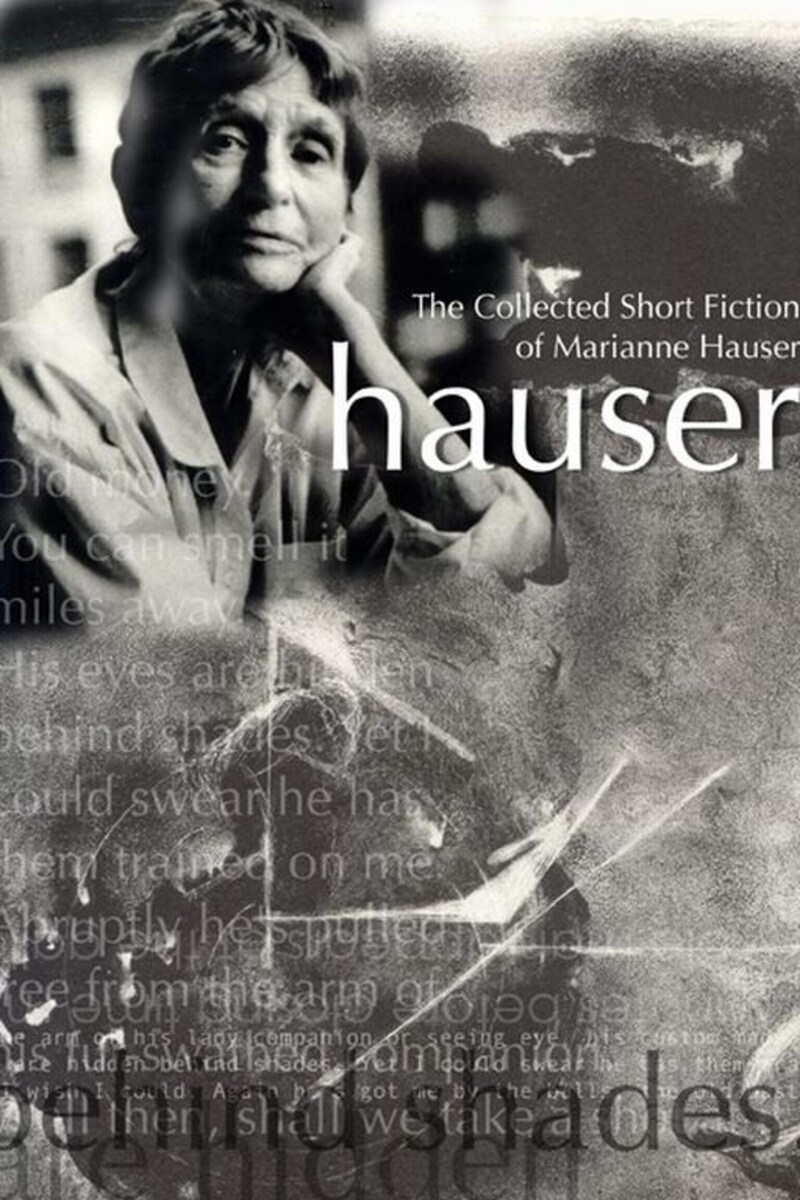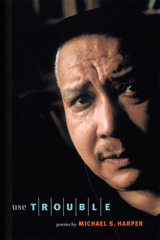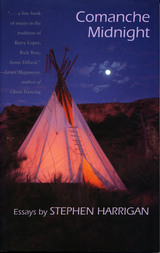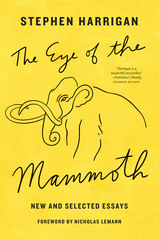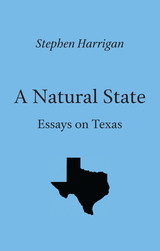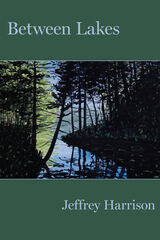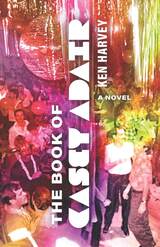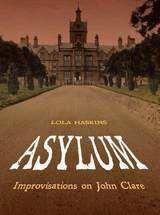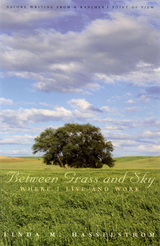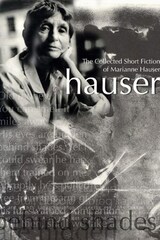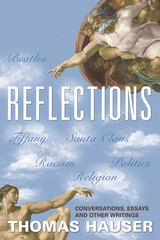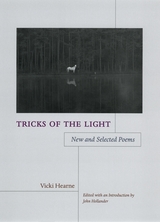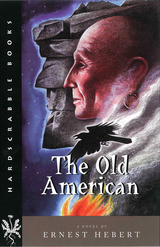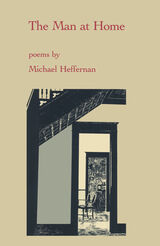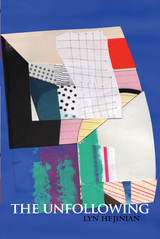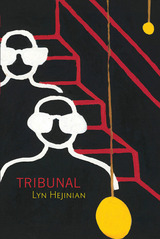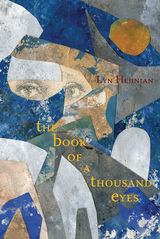The Collected Short Fiction of Marianne Hauser
University of Alabama Press, 2005
Paper: 978-1-57366-118-8
Library of Congress Classification PS3558.A7587A6 2004
Dewey Decimal Classification 813.54
Paper: 978-1-57366-118-8
Library of Congress Classification PS3558.A7587A6 2004
Dewey Decimal Classification 813.54
ABOUT THIS BOOK | AUTHOR BIOGRAPHY | REVIEWS | TOC
ABOUT THIS BOOK
Marianne Hauser's short fiction is a literary documentary of exile, the other-worldly travelogue of an imagination permanently displaced. These accounts of expatriates and lost children situate us in foreign realms, between the titillating intimacies of strangers and looming brutalities we can never quite see. In Hauser's fiction, expatriation is not a historical accident but a condition as essential to humans as breathing or speech. A young boy's suicide in "Heartlands Beat" or a child's vision of her piano teacher's corpse invoke the permanent dislocations that adulthood can never overcome. It is as though birth were, for Hauser, the great forced migration, an incomprehensible banishment from some homeland every child can remember. Her characters gaze in bewilderment at the crude and violent landscape that, through preposterous twistings, they have come to occupy, wondering how they could have ended so incongruously, unable to imagine any dwelling but here. Beautiful fabrications from the writer about whom Anais Nin remarked, "She deftly weaves the strange, the unknown, the unfamiliar, the perverse, into a fabric of human fallibilities that draws drama and farce close to us."
See other books on: Alsace (France) | France | Hauser, Marianne | Short Stories (single author) | World War, 1939-1945
See other titles from University of Alabama Press
